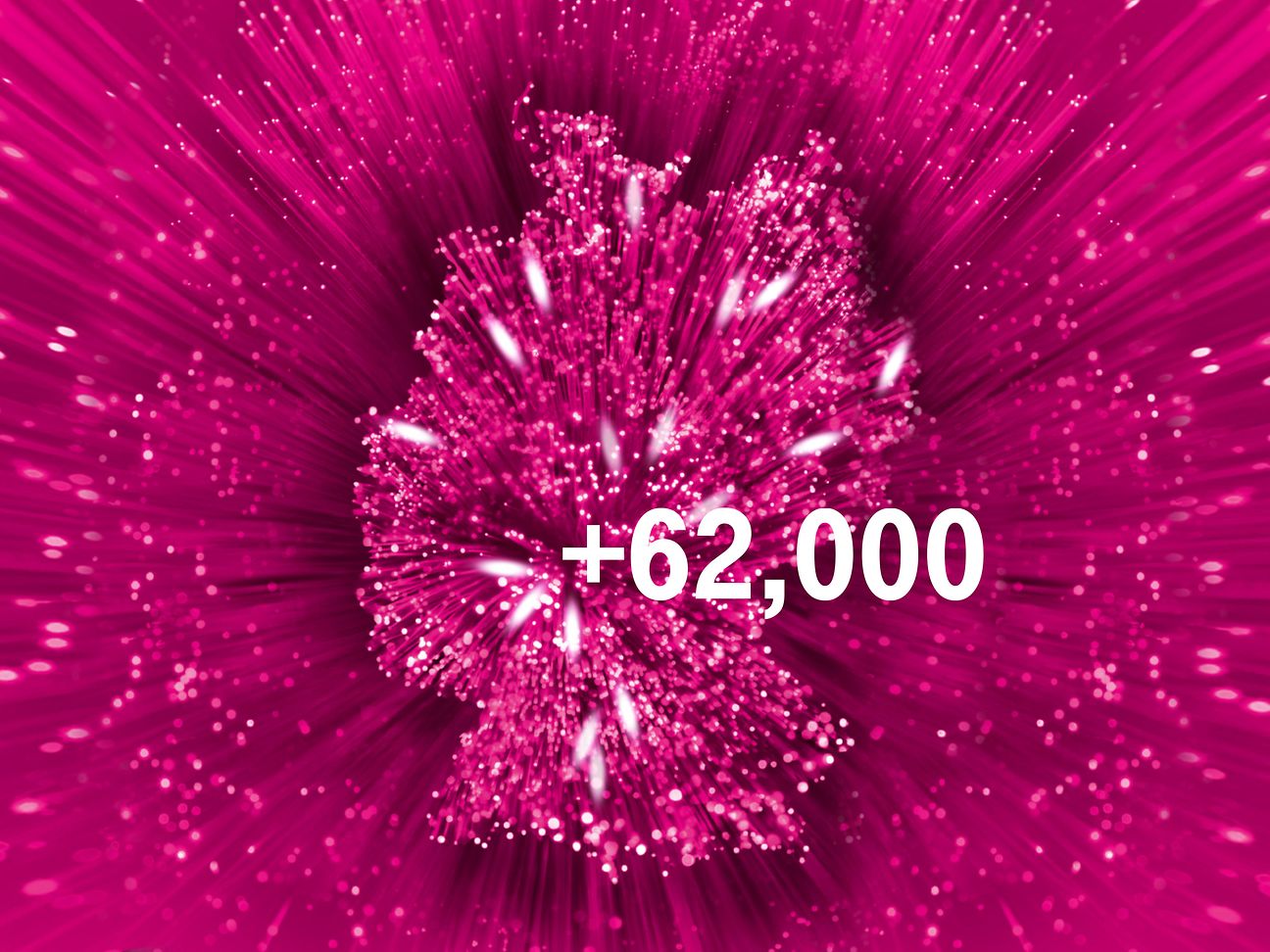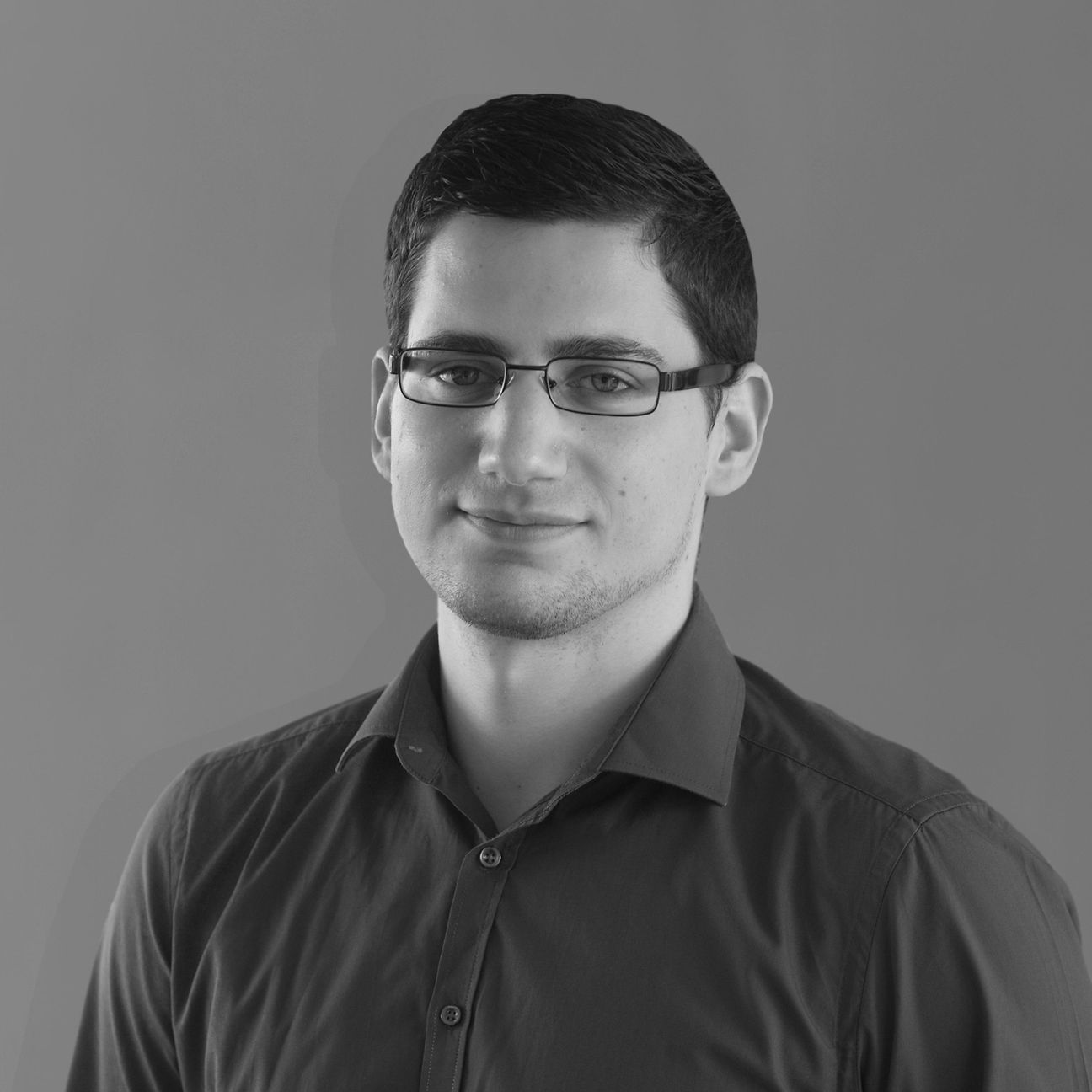

Internet access of up to 100 Mbit/s for almost 62,000 more households
- 93 municipalities all over Germany benefiting from the fiber-optic build-out
- Bandwidths of up to 100 Mbit/s
- Book more speed from Deutsche Telekom
Almost 62,000 households in 93 municipalities can now surf faster on the internet. With the new network, they can make phone calls, go online, and watch television all at the same time. They can also stream music and video, as well as store data in the cloud. Maximum download speeds have reached up to 100 megabits per second (Mbit/s). Top upload speeds now reach up to 40 Mbit/s. The cities benefiting include St. Ingbert with 6,200 households, Halle (Saale) with 5,500 households, Frankenberg/Sa. with 4,100 households, Hagen with 3,900 households, Überherrn with 3,000 households and Weißenhorn with 3,000 households.
Deutsche Telekom aims to provide as many people as possible with fast internet access – whether they live in cities or in rural areas. “We’re not just building information superhighways between major metropolises and urban agglomerations; our network also extends to rural areas. We are the only company pursuing comprehensive broadband expansion,” says Tim Höttges, CEO of Deutsche Telekom. “Some of our build-out projects are designed to serve many thousands of households, while others benefit just a handful. Every line matters to us: no matter if it’s in Berlin, Bremen, Munich or in Cologne, Adelberg, Ostritz or Puderbach.” No other company is investing as much in broadband expansion in rural areas as Deutsche Telekom.
The following municipalities are all now provided with high speed access
Abtsgmünd, Adelberg, Ahlen, Albersdorf, Alzenau in Unterfranken, Angelbachtal, Asbach, Auengrund, Bad Dürkheim, Bad Wildbad, Bahro-Neuzelle, Benshausen, Berkenthin, Berlin, Bexbach, Bisingen, Blankenhain, Blieskastel, Böblingen, Boll, Bopfingen, Bretzfeld, Bruchmühlbach-Miesau, Bühlerzell, Burg Spreewald, Chemnitz, Creußen, Dortmund, Dresden, Düsseldorf, Ensdorf, Flonheim, Frankenberg/Sa., Frankfurt (Oder), Freienwill, Füssen, Gaildorf, Gehren, Geiselhöring, Gifhorn, Glonn, Hagen, Hallbergmoos, Halle (Saale), Hannover, Heide, Heringsdorf, Ihringen, Illingen, Ingelheim, Kamen, Köln, Lauda-Königshofen, Laupheim, Lautrach, Luckau, Mandelbachtal-Ommersheim, Mayen, Meinersdorf, München, Neckargemünd, Neustadt an der Aisch, Niederkirchen, Nusse, Oldenburg, Pfedelbach-Untersteinbach, Pfronten, Pritzwalk, Radegast, Rhede, Saarwellingen, Salzgitter, Schifferstadt, Schmalkalden, Schmelz, Schönhausen (Elbe), Schönwalde, Seelbach, Soltendieck, Sörup, Spraitbach, St Ingbert, Stuttgart, Suhlendorf, Sundern-Altenhellefeld, Trebsen/Mulde, Überherrn, Vaihingen, Waldbreitbach, Waldburg, Weißenhorn, Wieren und Wutha-Farnroda.
Customers can find additional information about the build-out status under
Deutsche Telekom's network in figures
Deutsche Telekom invests around five billion euros per year in Germany. With a network stretching across more than 500,000 kilometers in Germany, it operates the largest fiber-optic network in Europe. This fiber-optic network is to be expanded by a further 60,000 kilometers in 2019.
About Deutsche Telekom: Deutsche Telekom at a glance


